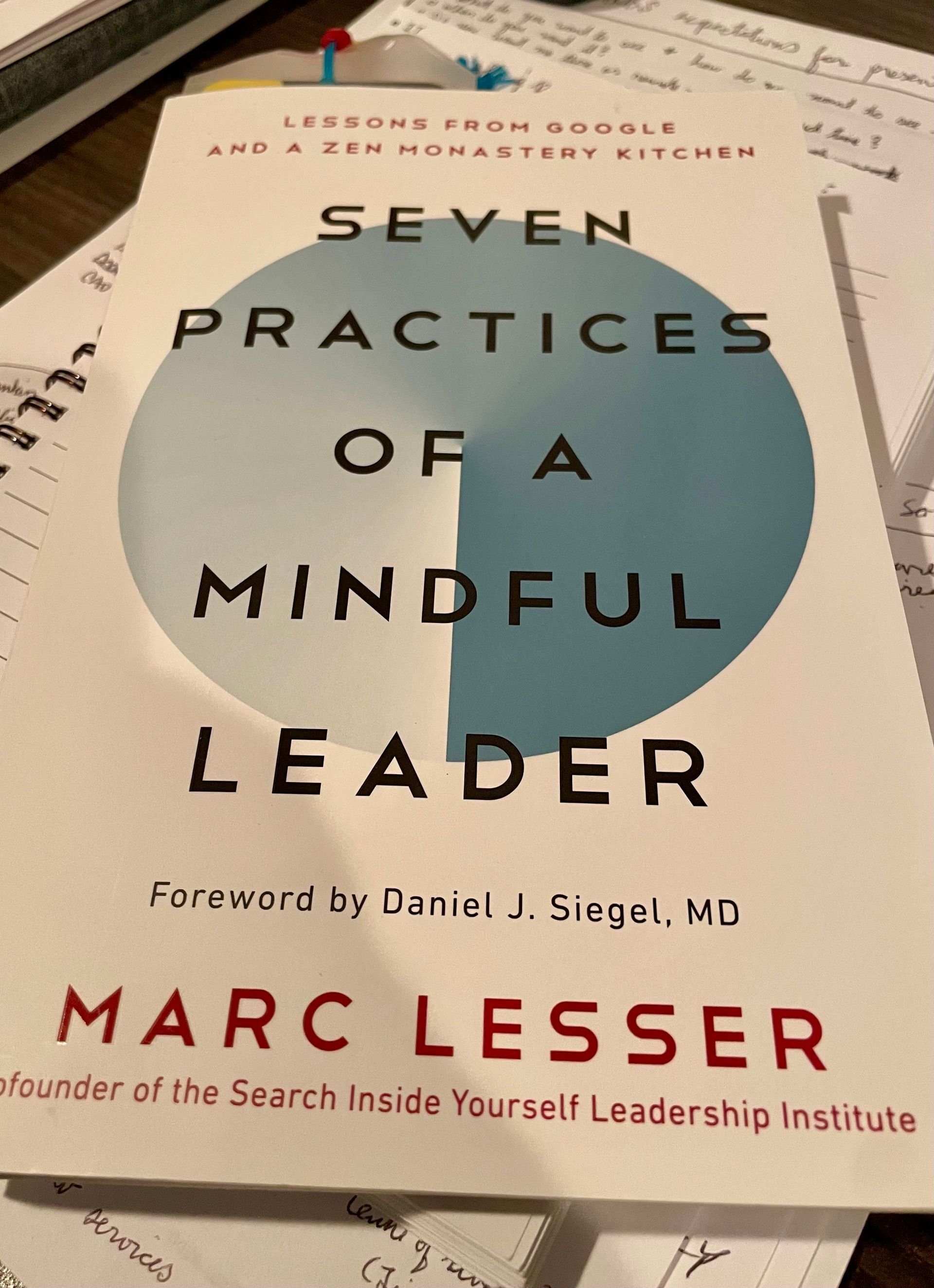Where's Waldo
"The Reward is the Experience"
Full confession, this blog is inspired by a mindfulness session from this week with Jay Shetty. And "the reward is the experience" are his words.
I was inspired however to use his session and apply it to strategic planning efforts in the local government sector. I hope you also see the parallels and how this might move some thinking.
I am sure you are familiar with Where's Waldo. This is where Waldo shows up in a very busy tableau of art and the purpose of Where's Waldo is to find him among all the other images in the picture. It may seem his trademark shirt and glasses make it easy but, at least in my case, it is not.
Jay suggests, and I agree, there tends to be a couple of different strategies for finding Waldo. One would be very intently going over the image inch by inch intently focused on finding his image. This requires a great deal of focus and determination because similar images are within to distract you and cause frustration. Another way would be to "Zoom Out" (Jay's term) and take in the entirety of the picture and see all the different things going on while having in the back of your mind Waldo's image.
Having done this several times while thinking about the blog my experience tells me the first method is far more successful at finding Waldo. However, I will tell you I enjoyed the second method a lot more and came to appreciate all that goes into the whole image and the efforts made to distract. It caused a bit of a re-think - perhaps the creator of Where's Waldo prefers the second method? In that they would have those that experience their work take more time with it, see several different scenes and art and if they are like me, enjoy the time spent more.
Jay suggests that "the reward is the experience" in trying to find Waldo, not felt in any frantic way of finding Waldo as fast as possible. Enjoy the art. Appreciate the thinking of ways to distract.
This same sentiment can be applied when commencing a strategic planning effort. As many would be aware I am a big advocate in this being a longer term process embedded within a Strategic Planning Framework. The Framework consisting of sequential steps in a logical process. Acquiring from the public their future dreams for our community, applying the lens of our elected officials to interpret the public's desires in to a strategic plan, creating both a corporate and several department business plans to align effort, resources and time toward achieving on the goals in a strategic plan and finally a Priority Based Budget that allocates our resources toward programs that provide the best return on citizen investment in terms of relevant value within said programs.
What can happen in this framework is that the stakeholders most "engaged" in a certain area can become laser focused on that area alone. For example, Council may just focus on their strategic plan and maybe even more specifically to an area they prefer the most within that plan or perhaps just the Vision Statement in the plan. Equally, a department within the municipality might hone in on only their department business plan while neglecting any effort made to understand their colleagues' or the Corporate Business Plan. And, of course, as they are preconditioned to do the budget becomes a huge focus and in the least strategic or big picture way - line items become a huge focus.
Zooming out from these specific areas allows us to recognize the alignment between all these areas, the relationships that must be strong for a well functioning environment to exist, the trade offs between different departments when searching for maximum corporate value for community. Seeing the big picture and all the moving parts required while making progress provides much perspective on both the challenges and opportunities within the whole. Trust and respect for all stakeholders is enhanced as we see the myriad of different scenarios that play out while making our way collectively through the whole framework. The tableau created might just look like a Where's Waldo creation and to appreciate it all requires time, patience and determination. But the results are worth it - we are rewarded by the experience.
New Title


